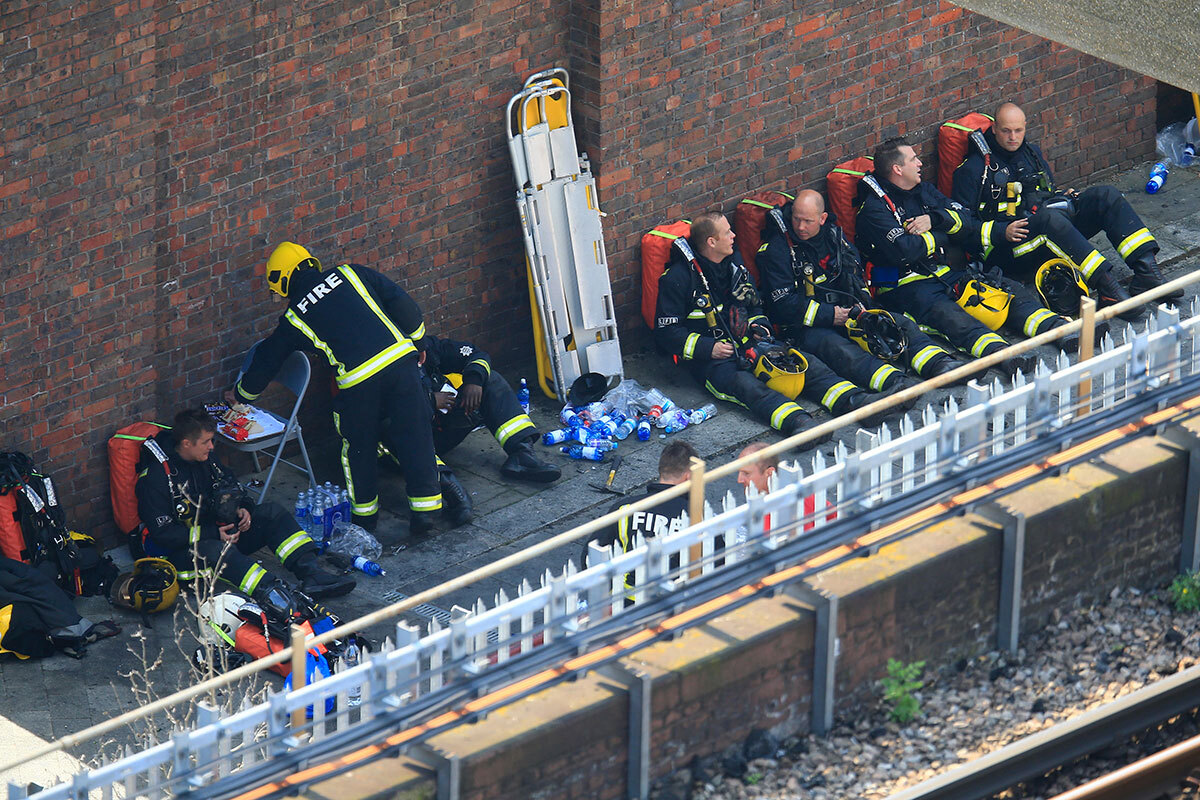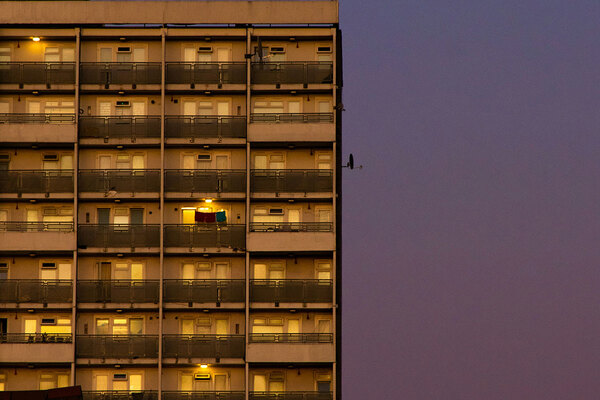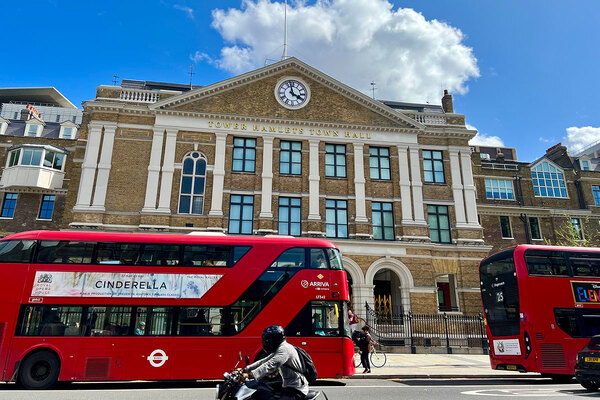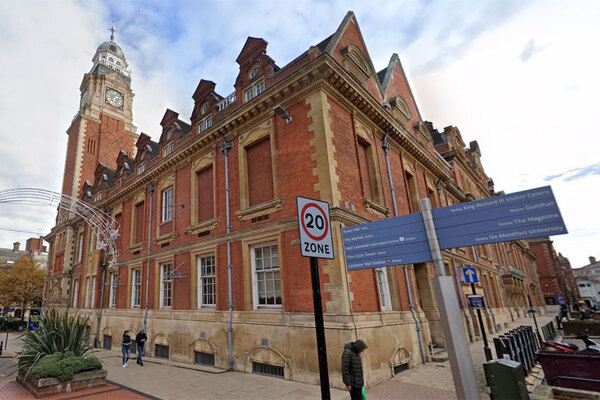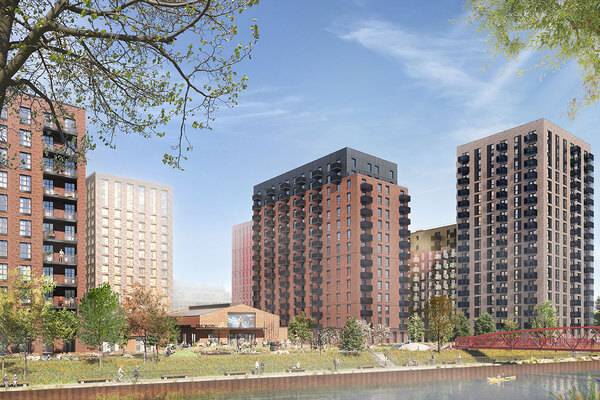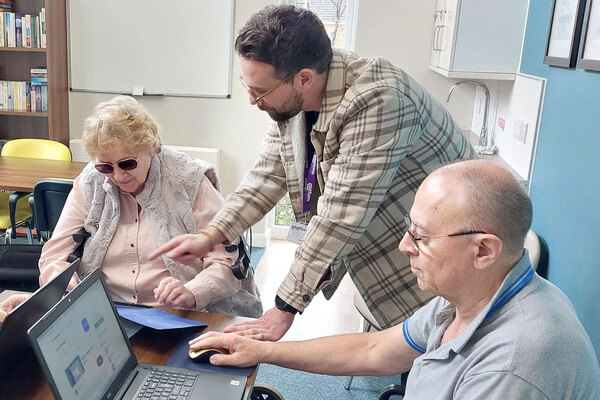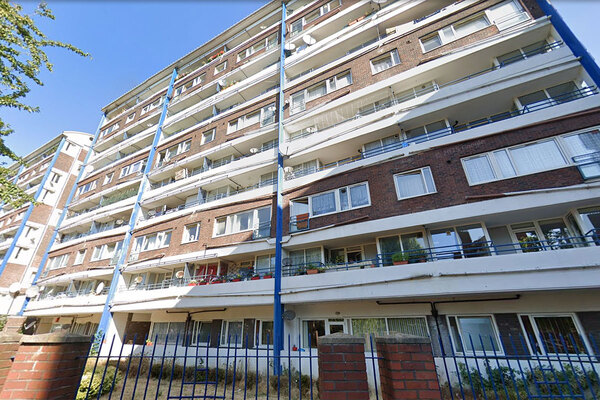One in four Grenfell firefighters exposed to toxic smoke now suffer long-term health disorders
A total of 136 firefighters who were exposed to toxic smoke at Grenfell are now suffering from life-changing health effects, including respiratory diseases and cancer, a new study has shown.
The research, carried out by the University of Central Lancashire and the Fire Brigades Union (FBU), looked at available data from 524 of the 628 firefighters who attended the disaster in 2017.
As published in the Journal of Environmental and Occupational Medicine on Friday, 26% of the firefighters reported adverse health outcomes, with 301 adverse outcomes reported overall.
In many cases, firefighters suffered from more than one health disorder. These include 66 cases of digestive diseases, 64 respiratory diseases, 22 neurological diseases, and 11 cancer diagnoses.
Authored by Professor Anna Stec, a world-leading expert in fire chemistry and toxicity, the study found that a majority of the 136 firefighters reporting health disorders had not worn respiratory protection at some point during their activities. This is because they were unable to follow safety protocols due to the severity of the incident.
Professor Stec said: “We know that firefighters are exposed to toxic contaminants in fire throughout their careers, and that preventative measures are needed to protect their health. Although it is not possible to definitively trace any disease back to a single incident, it is alarming that a high proportion of the firefighters who were exposed to very high smoke levels that night are now falling ill.
“Given that firefighting is classified as a carcinogenic occupation by the World Health Organisation and is associated with higher mortalities from rare cancers, introducing regular health monitoring for UK firefighters is essential.”
Firefighters were exposed to smoke with gases and particulate matter at far higher levels than the limit set by the Health and Safety Executive, with many experiencing immediate symptoms such as choking, difficulty breathing and vomiting on the night.
More than three times as many firefighters who were exposed to smoke during Grenfell reported digestive and respiratory diseases in the three years following, compared with those who were not exposed.
Scientists have warned that the full health impact of the Grenfell Tower fire is still unknown, with many cancers and diseases taking years more to develop.
Firefighters who attended Grenfell reported similar health symptoms to those who responded to the collapse of the World Trade Centre on 11 September 2001.
Following 9/11, a life-long health monitoring programme was set up for emergency responders and the local community, which has enabled early diagnosis and treatment of cancers and other diseases. This approach has helped save lives.
However, no established regular health monitoring program has been implemented for cancers and other diseases among the firefighters and residents affected by the Grenfell Tower fire, which killed 72 people.
Matt Wrack, general secretary of the FBU, said: “As ever, our thoughts are with the bereaved, survivors and residents of the Grenfell Tower fire. On that tragic night, firefighters went above and beyond to save lives from an inferno that should never have happened. This new research shows that many of the firefighters who risked their own lives are now suffering serious health effects.
“We now have powerful evidence that firefighters were exposed to extreme levels of toxic smoke at the tower, many without any respiratory protection. The figures are stark, with 136 of those attending in the first 20 hours now living with one or more diseases associated with smoke exposure.
“We must learn from the aftermath of 9/11, which made it clear that enhanced health testing is vital to protecting the lives of firefighters and residents. Regular health monitoring must be rolled out across the fire and rescue service to ensure that diseases can be treated in their early stages.”
Professor Stec and Mr Wrack are not the only ones calling for enhanced health testing. Grenfell United, a group of survivors and bereaved families, said it has previously expressed its concern and anxiety on the long-term health effects on survivors in 2018.
The group added: “Following a number of studies into firefighters’ health over the years, we and many others have continued to question the inadequate health monitoring of the survivors, including children who were in the building for a sustained period and inhaled the toxic smoke.
“But no one has taken us seriously and no one has acted, echoing the same culture that caused the fire in the first place, where we were and continue to be treated as second class citizens.”
In response to this latest research, a spokesperson for the London Fire Brigade said: “We welcome insights that can lead to better protection for firefighters. We supported the involvement of members of London Fire Brigade in this research, and we will continue to work closely on this with the FBU.
“We will now study the report in detail and consider what contribution it might make to the existing body of work on firefighting and health impacts, as well as any actions we might take as a result.”
Inside Housing revealed in December that deputy prime minister and housing secretary Angela Rayner is expected to make a decision on the future of the Grenfell Tower site in February.
Sign up for our fire safety newsletter
Already have an account? Click here to manage your newsletters
